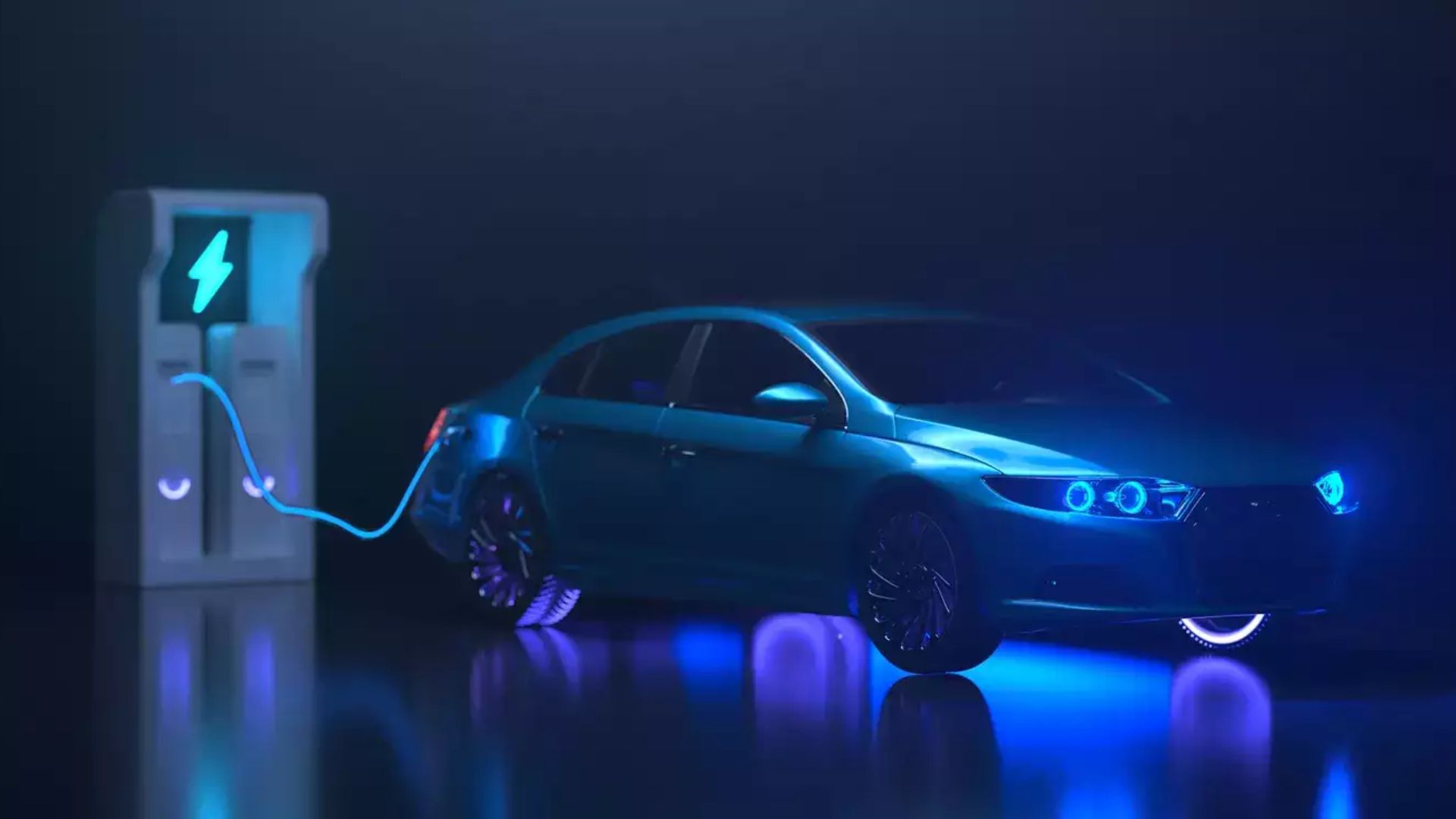Source : PTI | The entry of more players in the EV segment will help in breaking barriers and accelerate adoption of electric mobility in the Indian market, according to leading automobile manufacturers. More product introductions will help in catering to diverse customer needs with competition leading to expansion of the market, they noted.
The announcements by passenger vehicle market leader Maruti Suzuki India with its e VITARA and Hyundai Motor India’s Creta Electric will help change the negative narrative regarding EVs in India and a unified voice from the Indian automotive industry across players and segments will help in better transformation and acceleration towards electric adoption, top executives of different automakers said.
“The general narrative on EV (earlier) was a bit more on the negative side, with a lot of question marks. Today, with all Original Equipment Manufacturers now having a credible EV portfolio, and they’re all wanting to sell, I think the narrative on EVs will change, and the real benefits of owning an EV will be uniform now,” Mercedes-Benz India Managing Director and CEO Santosh Iyer told PTI.
Stating that the confusion which was there till last year “would now ideally reduce”, he said, “I think a unified voice from the Indian automotive industry across players and segments will help for a better transformation, or acceleration towards electric adoption.”
Expressing similar views, Tata Motors Passenger Vehicles and Tata Passenger Electric Mobility, Managing Director Shailesh Chandra said, “When all the manufacturers come in, there’s no doubt that if all the OEMs are going for electric vehicle, possibly now they (customers) feel confident that this is possibly the technology of the future and is not only backed by one manufacturer and that should boost the confidence. That boost of confidence should expand the market.”
On the increased competition, he said, “That competition is a good thing because, as it is going to expand the market.”
Chandra said for the last one year EVs were under stress because “globally everybody was talking about electric vehicles in a very negative way, gloom and doom scenario”.
“Therefore, as a consumer, you will get confused whether this is the right time, or even whether I should even consider buying an electric vehicle,” he noted.
With the new launches, he said there will be collective noise around launches, and if multiple people are talking about electric vehicles, this will give a lot of boost and awareness for the consumers, which should expand the market. There will be collective work on the ecosystem.
BYD India Head of Electric Passenger Vehicles (EPV) Business Rajeev Chauhan said, “Looking at it, our sense is that with the entry of the largest manufacturer of India (Maruti), with the entry of the highest selling car in the SUV segment (Creta) getting an electric version, the number three player (Tata Motors), increasing their portfolio in this bracket, so this (EV segment) is bound to grow very, very quick.”
He said from about 2.5 per cent penetration level of EVs in the passenger vehicle segment, it can become “sizable” in 2025.
Optimistic about how the EV market will pan out in India, Mahindra & Mahindra Ltd Executive Director and CEO (Auto and Farm Sectors) Rajesh Jejurikar said as more people come in, the ecosystem starts developing faster and more products break barriers which the customers might have around EV adoption.
“So I think 2025 is the start of that period where over the next 2-3 years we will start seeing significant EV penetration because there are more players, products,” he added.
Agreeing with him, Chandra noted with a caution, “I believe that the growth should now be tremendous, and if it does not, then it’s a problem for all.”
Electric vehicles continue to be the main draw in the Bharat Mobility Global Expo 2025.
On the second day of the show, Vietnam’s VinFast and China’s BYD showcased their offerings in the passenger vehicles segment while Vayve Mobility launched a solar-powered electric minicar EVA.
In the commercial vehicles category, JBM Electric Vehicles launched four new electric buses, including Luxury Coach Galaxy, while EKA Mobility unveiled an electric truck and a six-seater public transport vehicle with an aim to expand its product portfolio.
First day saw Maruti Suzuki roll out its first battery electric vehicle e VITARA. Hyundai Motor also launched Creta Electric, widening the product range in the segment.
Currently, homegrown auto majors Tata Motors and Mahindra & Mahindra lead the charge in the domestic EV passenger vehicle segment.
Total electric vehicle sales in India crossed 14.08 lakh units in 2024, achieving a market penetration rate of 5.59 per cent, up from 4.44 per cent in the previous year, as per Union Minister H D Kumaraswamy.











